Grand Tour to the Maspalomas Dunes, Fataga, and Tejeda from Las Palmas de Gran Canaria.
On this excursion from Las Palmas de Gran Canaria, discover two of the most beautiful villages in Spain, some of the most spectacular landscapes and ravines in Gran Canaria, and the reasons why the island is known as the “Miniature Continent”.
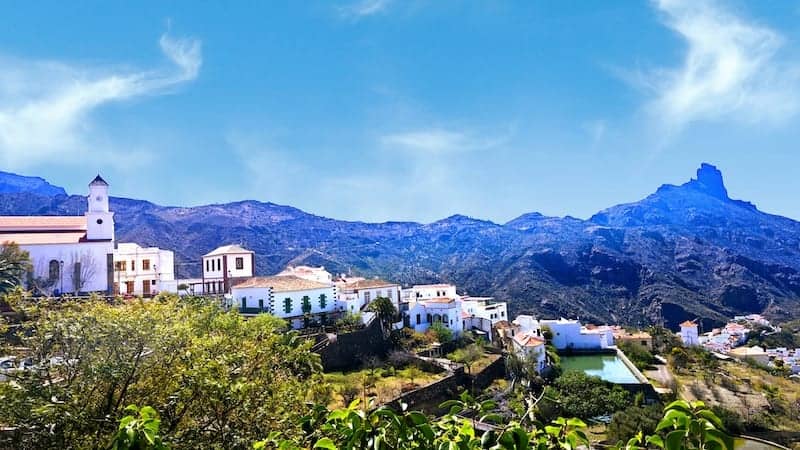
Travel across the island from south to north, crossing it through the center, in a comfortable bus driven by an expert driver, with a small group of fewer than 28 people and accompanied by an official guide who will provide extensive information about the tour highlights and Gran Canaria.
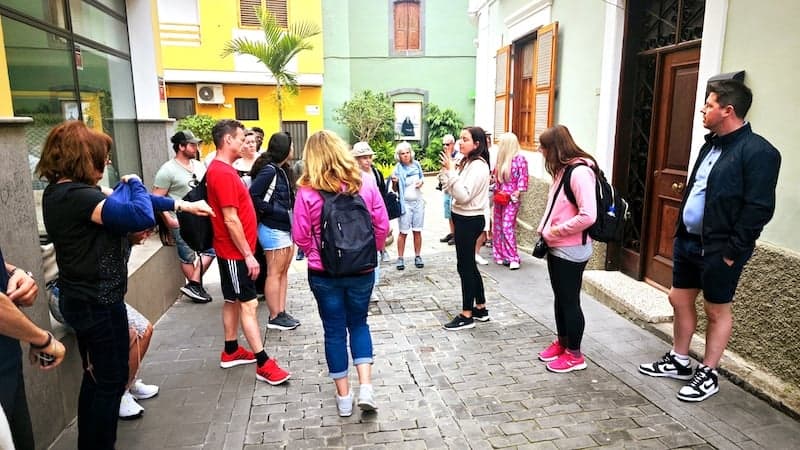
At the first stop of the tour, explore the Maspalomas Dunes Natural Park, the greatest natural attraction of Gran Canaria. From the Dunes viewpoint, admire the golden sand dunes that are over 15 meters high, and cover 400 hectares all the way to the sea.
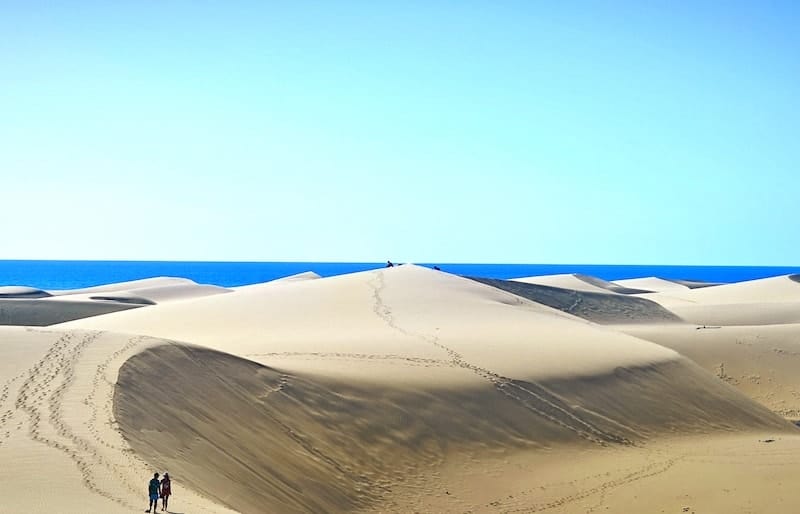
At the following stop, at the Degollada de las Yeguas Viewpoint, enjoy magnificent views of the Fataga Ravine, one of the most beautiful and spectacular ravines in southern Gran Canaria due to its depth, vertical cliffs, width, and 15 km length.
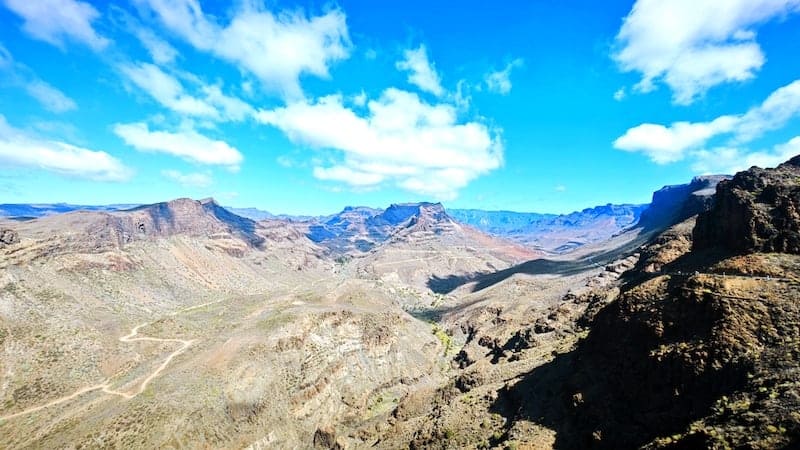
From the viewpoint, observe the characteristic arid landscape of southern Gran Canaria, which, as we progress on the tour, will transform, as the weather changes, into palm groves, pine forests in the higher areas, and abundant vegetation in the northern part of the island. The diversity of microclimates and landscapes gives Gran Canaria the nickname of “Miniature Continent”.
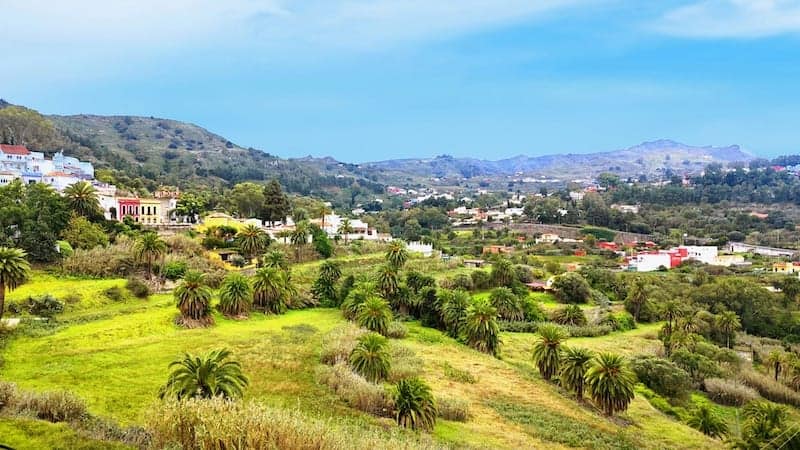
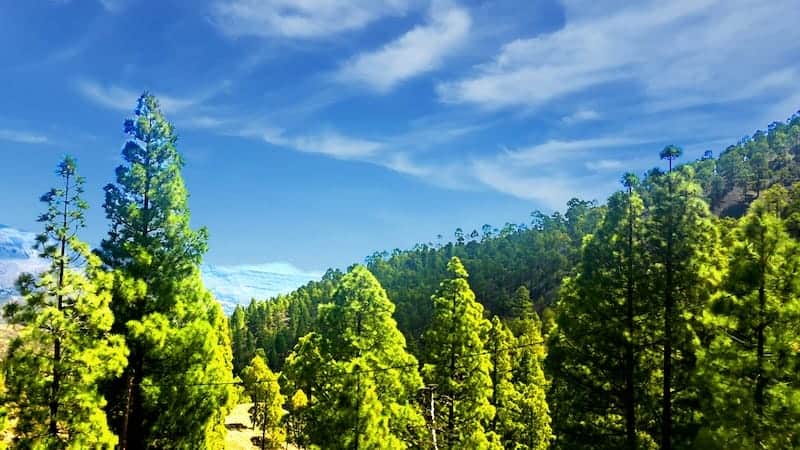
As we approach the town of Fataga, notice the extensive palm tree areas amidst this arid ravine, which is why this section of the ravine is known as the “Ravine of the 1000 Palms”.
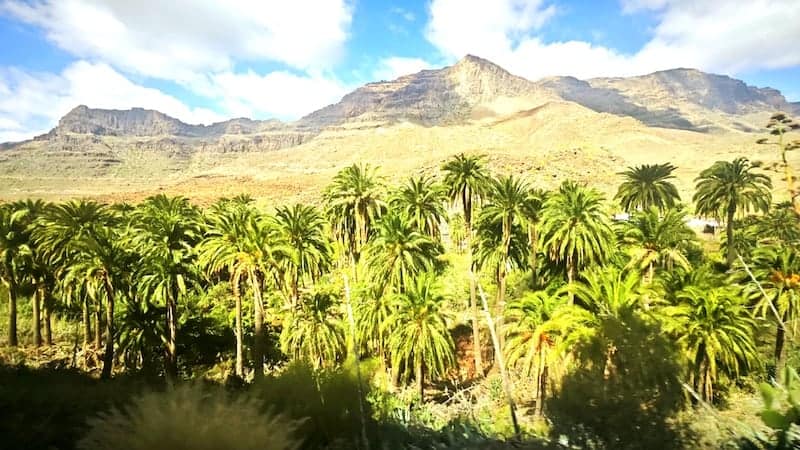
In Fataga, we will make a stop to visit one of the most beautiful villages on the island, with white houses standing out amidst the imposing ravine.
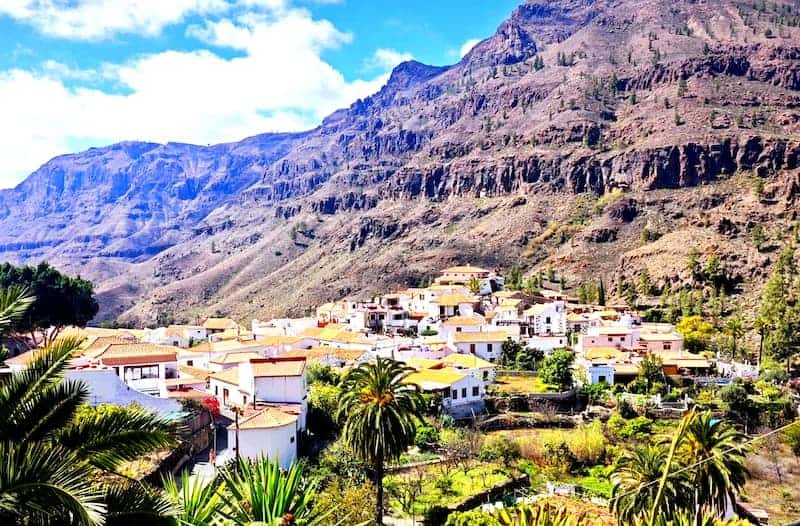
Stroll through its narrow streets, where peace and tranquility reign, while you admire houses built according to traditional Canarian architecture. If you are observant, you will notice that the houses have their owners’ names on the facade.
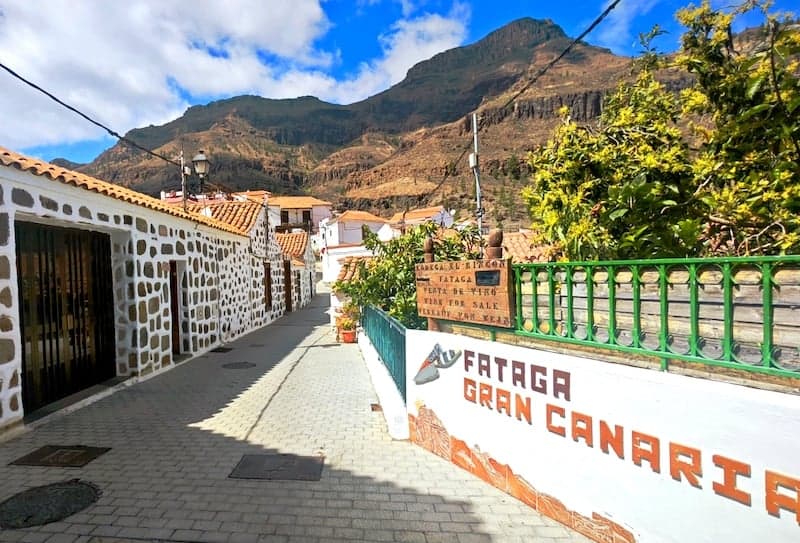
On the way to the town of Tejeda, we will make a short stop in the village of Tunte. Explore its church, stroll through its streets, admire the views from the Orilla Viewpoint, or simply take the opportunity to recharge in a café before continuing our journey.
During the journey to Fataga, we will see two large monoliths, natural symbols of Gran Canaria. The Roque Nublo, with a height of 80 meters, summits at 1913 meters above sea level.
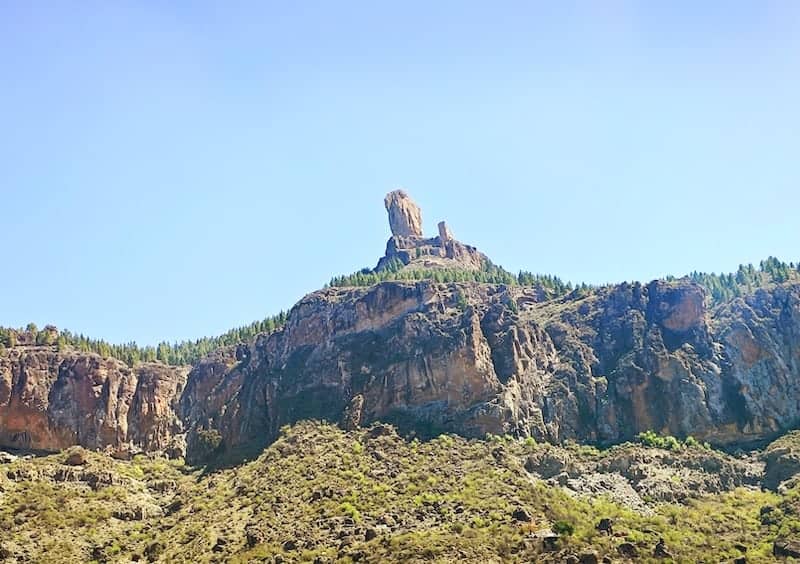
The Roque Bentayga, like the Roque Nublo, was another sacred rock for the native inhabitants of the island. During the tour, we will see the rock from different angles, and on days with good visibility, you will be able to spot the Teide, the highest mountain in Spain, located on the island of Tenerife, behind the Roque Bentayga.
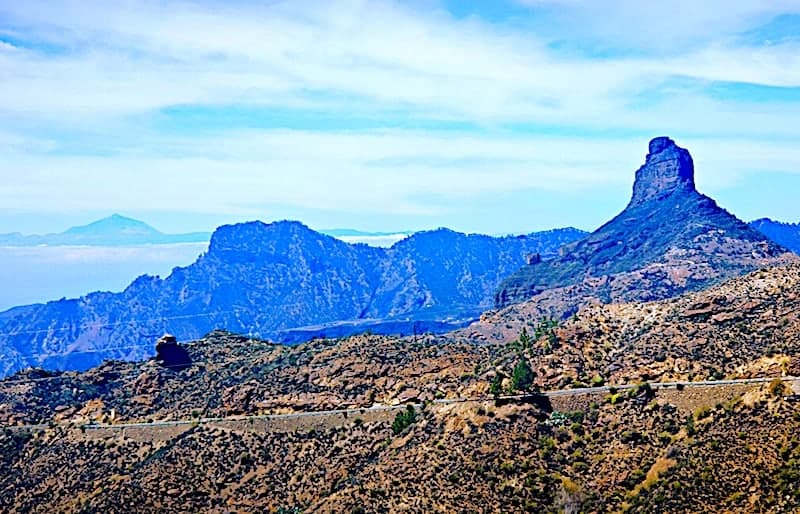
The town of Tejeda is located in the center of the island and has been declared the most beautiful village in Spain several times and in various magazines. From a distance, admire the white houses of Tejeda in a unique enclave, while having the mountain crowned by the Roque Bentayga right in front of you.
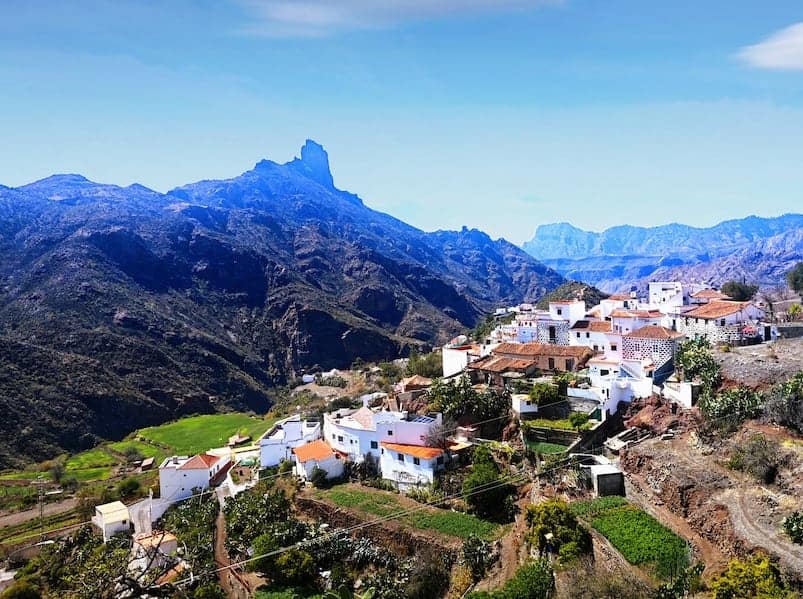
Take advantage of the visit to Tejeda to stroll through its streets, visit its church, or enjoy a pleasant meal on a terrace with views of the Roque Bentayga.
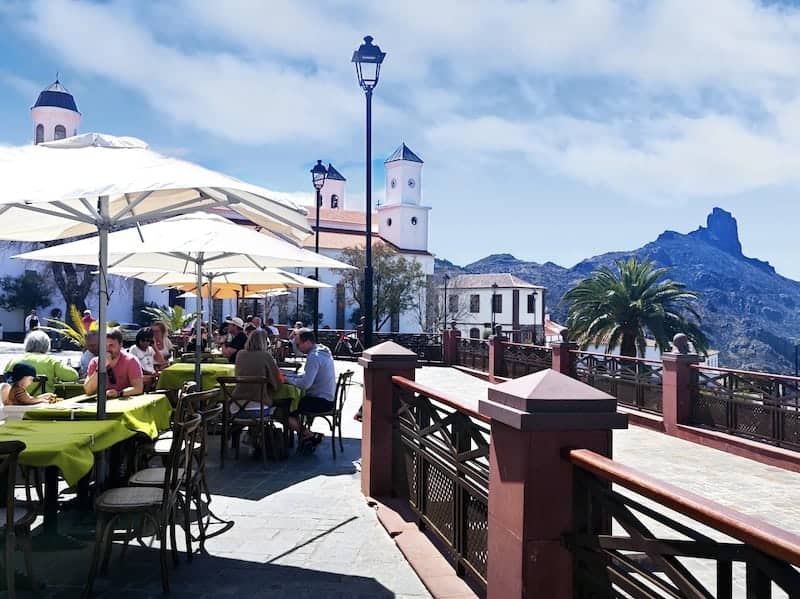
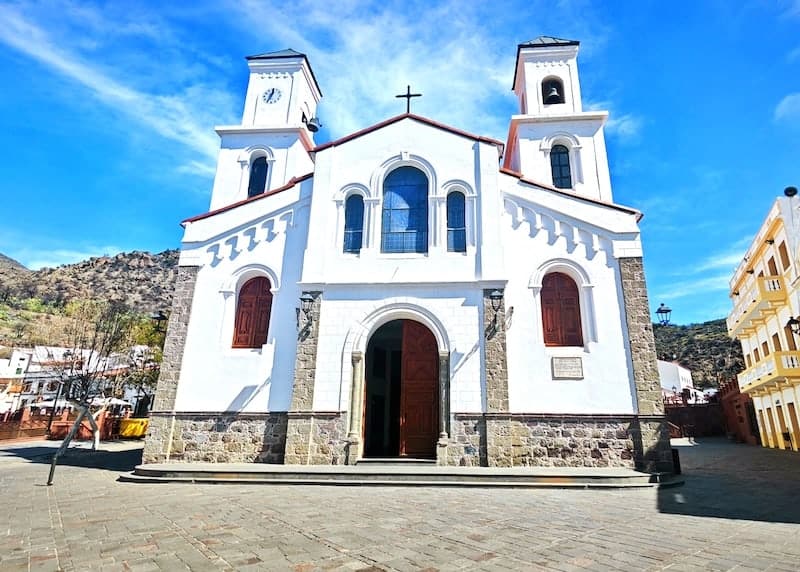
On the way back to Las Palmas de Gran Canaria, we will make a final stop in the village of Santa Brígida, where you will also find some typical Canarian architecture houses in the village center.
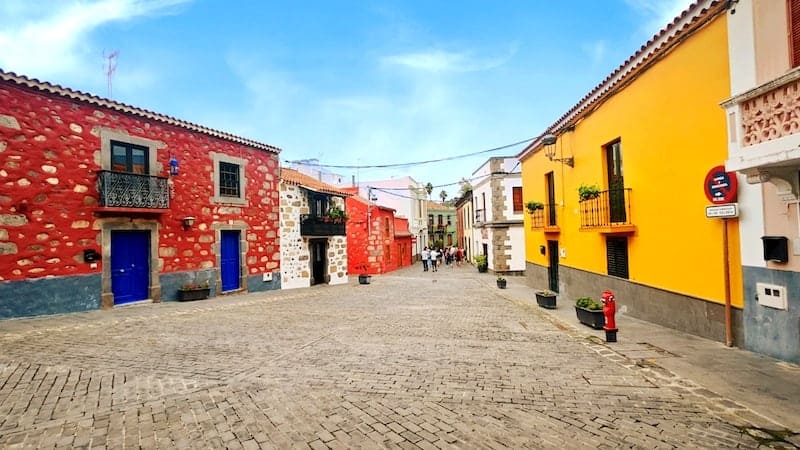
After leaving Santa Brígida, we will see some of the most impressive houses on the island since some of the wealthiest families in Gran Canaria live in this area.
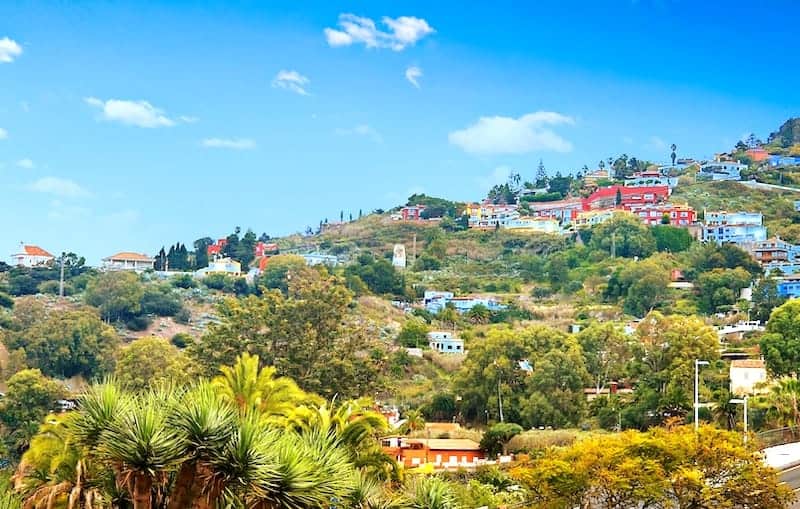
We will be back in Las Palmas de Gran Canaria around 5:00pm. We hope that upon returning to your accommodation, you will feel like you enjoyed many of the island’s charms and had an extraordinary tour.
Recommendations:
- Bring sunscreen and a hat.
- Bring warm clothing, especially in winter, as temperatures at the stops can be up to 15 degrees Celsius lower than in Las Palmas.
- Take precautions if you think you might get motion sickness on the bus, as most of the route is along winding roads.
Share your experience
You must be logged in to post a comment.

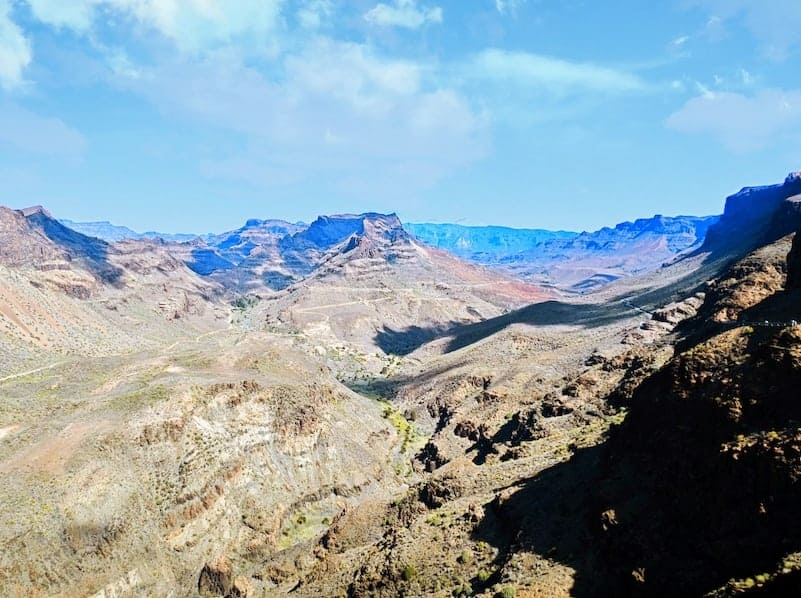

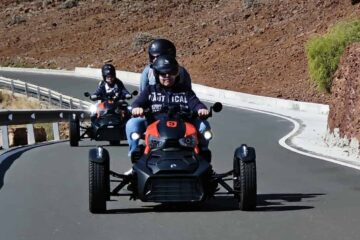
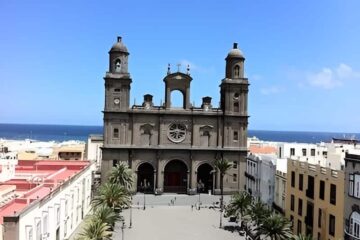
Reviews
comment_no_hay_comentarios